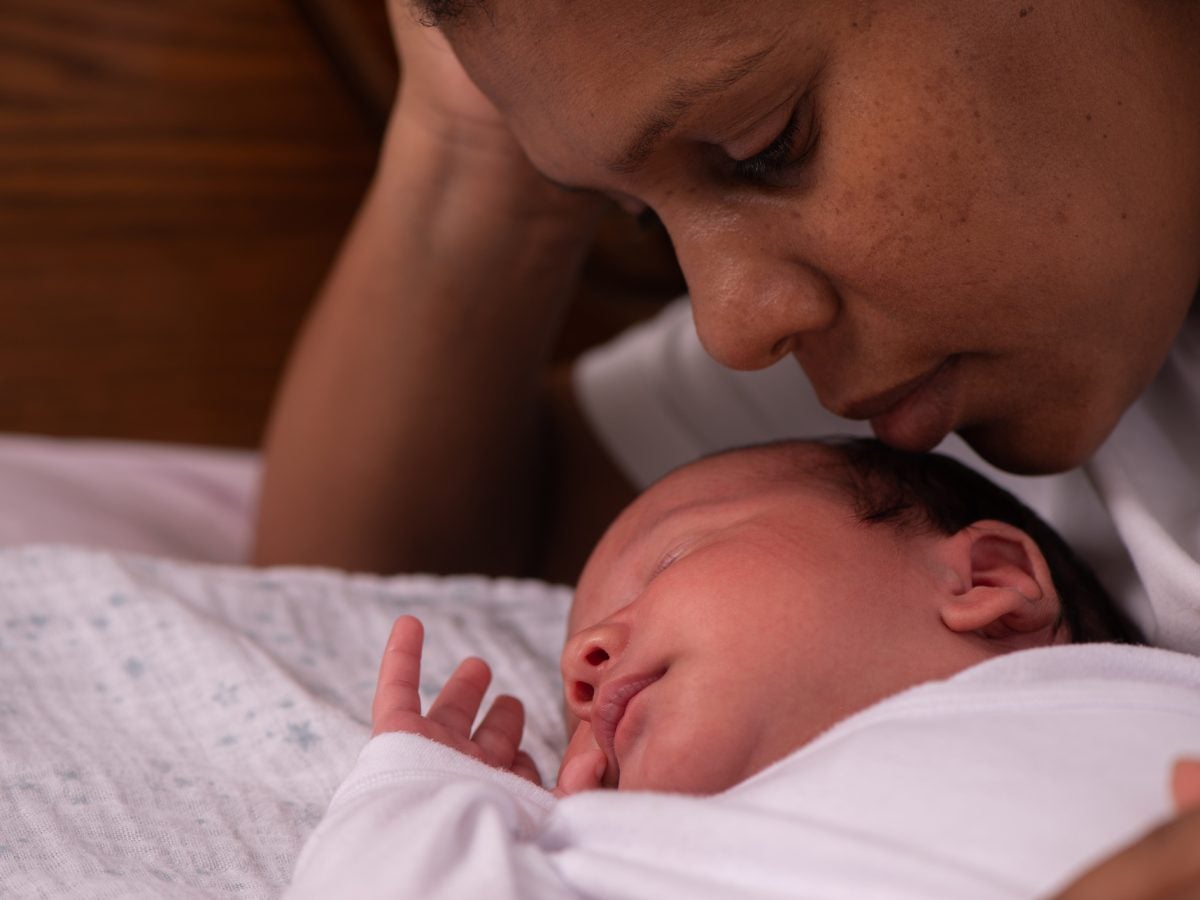
April 11-17 is Black Maternal Health Week. Be informed. Be your best advocate. – Team Lifestyle
New Yorkers are one cancer diagnosis, car accident, or difficult pregnancy away from losing their paycheck, the roof over their heads, and their ability to make ends meet. When our lawmakers finalize the state budget next week, they have the opportunity to fix that. They must.
I am one of those New Yorkers. I’ve worked in childcare for eight years, putting in long, physically demanding hours to care for our youngest residents. When I gave birth to my second son in 2020 at the height of the COVID-19 pandemic and needed time off to recover from childbirth, my job at the time told me all I was eligible for was New York’s paid medical leave program (known as “Temporary Disability Insurance”). The program pays workers who use it a fraction of their earnings: just $170 a week.
That $170 was barely enough to support myself, let alone my two small children. The lack of support as I recovered from childbirth — an emergency C-section — was devastating for our finances. We fell behind on rent, and I’m in housing court trying to catch up. I’m not able to afford the sky-high price to send my sons to daycare. I was sometimes forced to choose between taking care of the kids and household bills — and feeding myself. The stress led to postpartum depression, which I’m still recovering from.
I have since learned that New York paid medical leave has been stuck at $170 since 1989 — nearly 40 years. That’s astounding. Housing, food, utilities, and healthcare costs have skyrocketed since then. Nearly one in four New Yorkers today isn’t able to cover basic needs like food and housing. Indeed, $170 is enough to cover just half of the groceries a family needs — and nothing else. It’s not remotely enough to support an individual who needs time off during a medical crisis — let alone a family — especially in New York City, where I live.
It doesn’t have to be this way. According to the organization A Better Balance, other states, including New Jersey, Rhode Island, and Massachusetts, provide their workers with over $1,000 a week in paid medical leave.
While New York Paid Family Leave provides support for New Yorkers as they care for a loved one or bond with a new child, we’ve left behind those who need paid leave for their own medical care. The good news is that our lawmakers have the opportunity next week to catch New York up. They’re currently considering proposals to increase the amount that paid medical leave pays out.
Unfortunately, the Governor’s and Assembly’s proposals would only pay workers on medical leave 67% of their regular wages. That means workers earning minimum wage would have to make rent, pay medical bills, and feed their families on just $400 a week.
For those living paycheck to paycheck, a fraction of an already too-small paycheck isn’t going to cut it.
The Senate, by contrast, has proposed paying 90% of a lower-wage earner’s income and a smaller fraction for high earners. That sliding scale approach — known as “progressive wage replacement,” already adopted by other states — benefits all workers, while ensuring that those already struggling to make ends meet receive a higher overall percentage of our wages.
The Senate proposal has a second advantage, too. My employer misled me about my right to take Paid Family Leave, making it impossible for me to apply for these benefits to care for my new child. The Senate’s proposal, unlike the Governor’s and Assembly’s, would make it illegal for employers to do this. Paid Family Leave would have made a world of difference in getting the time I deserved to bond with my baby.
However, New Yorkers need comprehensive Paid Family and medical leave. Pregnant New Yorkers need time off to address their own health needs, especially those of us dealing with a complicated pregnancy or postpartum depression. So do the countless other New Yorkers struggling with their own health needs, like cancer or a serious injury.
At a moment of medical emergency, families like mine shouldn’t have to choose between putting food on the table and paying rent. We deserve better in this year’s budget. We’ve waited long enough.
Kolandro Bramble lives in New York City, where she works as a tutor at a charter school helping children from grades kindergarten to fourth grade get the additional help that they need. She is a Community Advocate with A Better Balance, a nonprofit work-family legal advocacy organization headquartered in New York.





